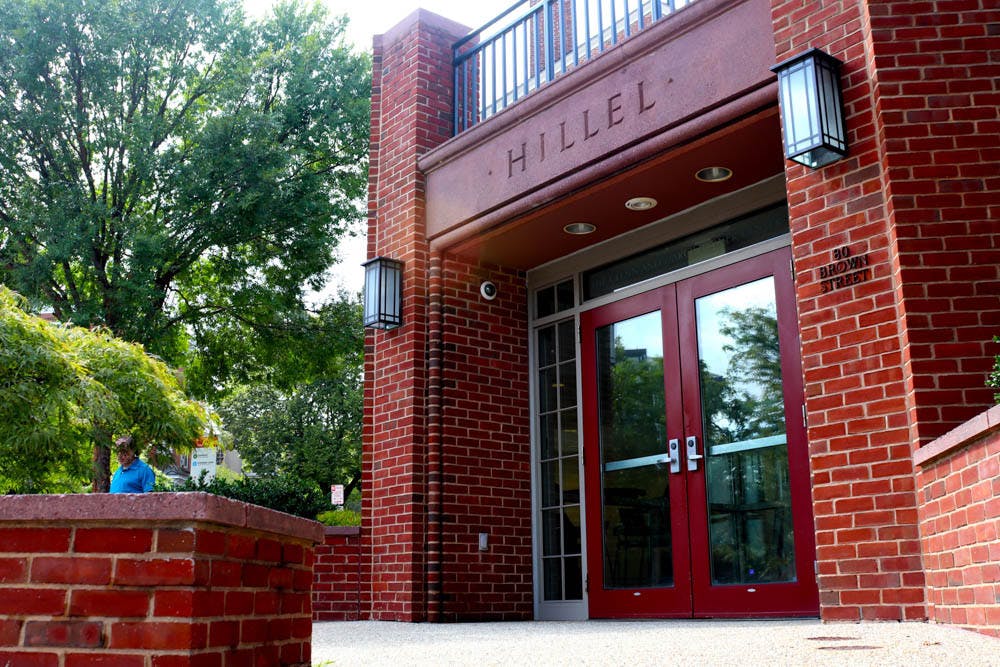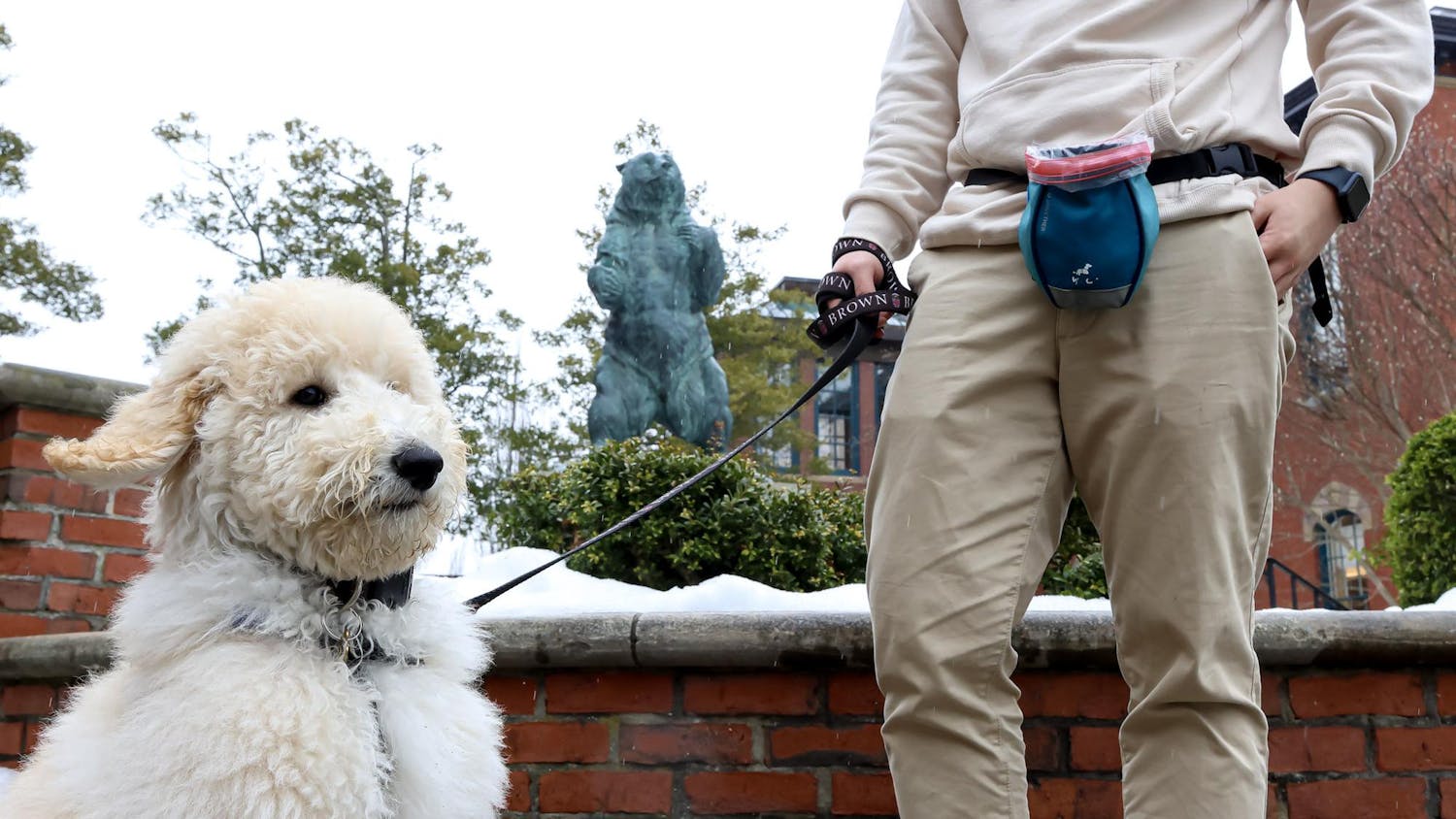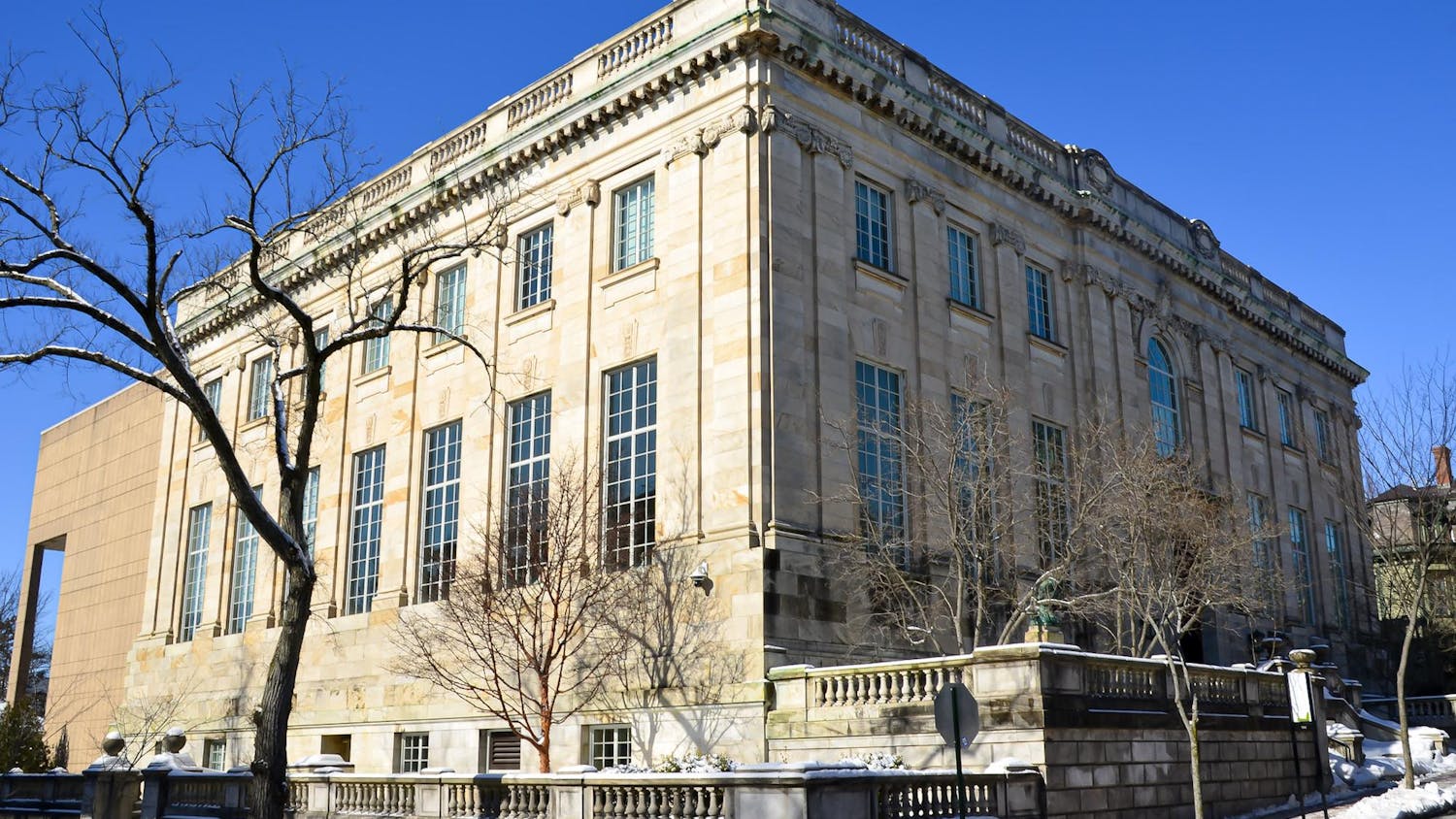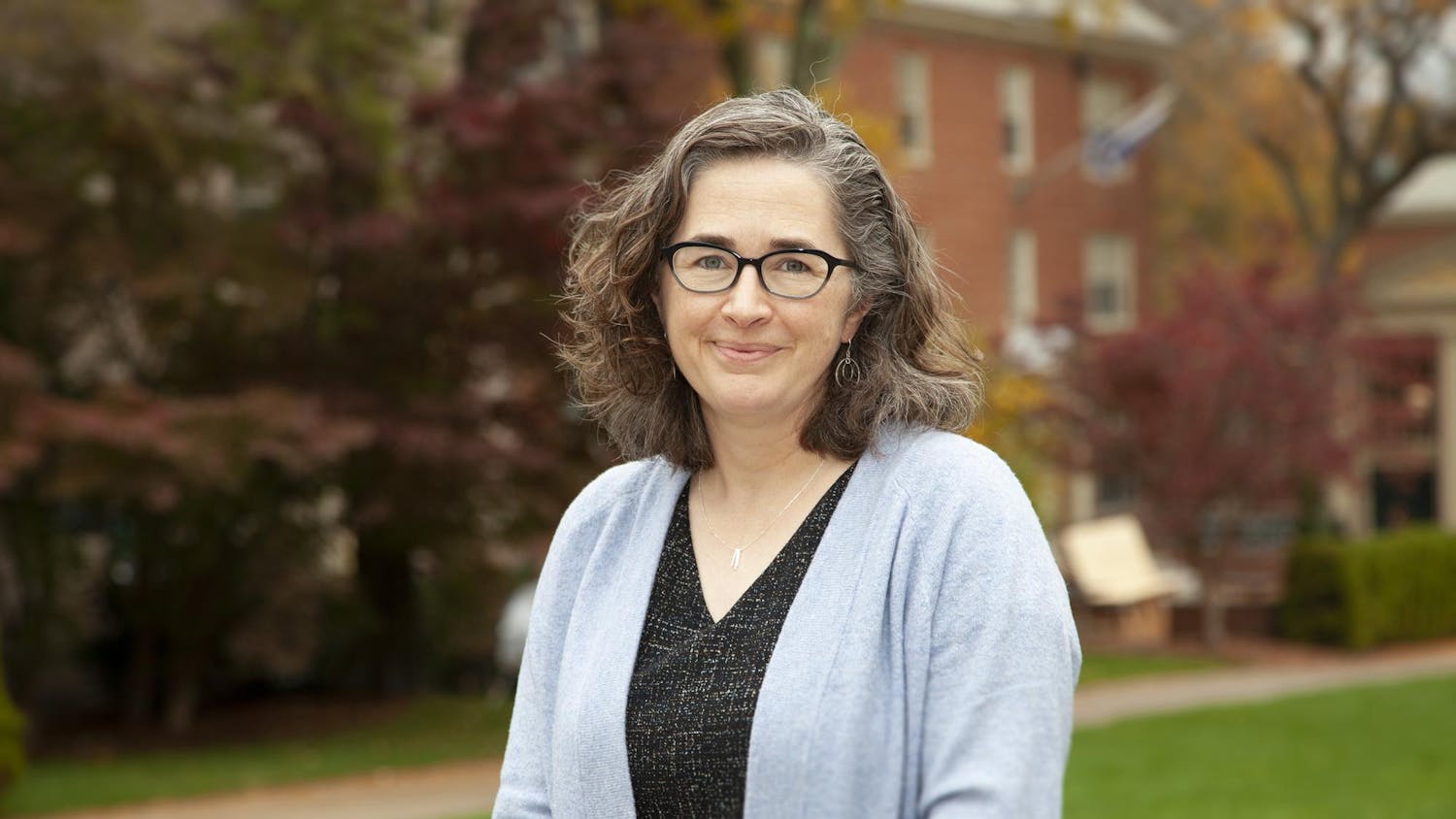On Monday morning and Tuesday afternoon, Brown/RISD Hillel held its first-ever daytime Rosh Hashanah services for students who belong to the Modern Orthodox denomination of Judaism. According to Anna Horowitz ’19 — who coordinated a student-driven push to offer Orthodox services alongside the annual services for the Conservative and Reform denominations — this marked the first time in the University’s history that Hillel’s daytime Rosh Hashanah services represented all three major Jewish denominations.
The new services for Orthodox students were especially important because Rosh Hashanah — the Jewish New Year — is “the holiest date on the Jewish calendar” alongside Yom Kippur, said Rabbi Mendel Laufer, who led the Orthodox services. Because Rosh Hashanah fell during the beginning of shopping period — making it difficult for students to go home for the holiday — the services provided an opportunity to observe Rosh Hashanah on campus.
“It’s important that students who want to attend an Orthodox service are able to do so,” wrote Acting Executive Director of Hillel Dan Ehrenkrantz in an email to The Herald.
Horowitz added that the inclusion of a daytime Orthodox Rosh Hashanah service signals to both current and prospective students “that you can be a part of any denomination within Judaism and still feel like you have a place to belong on campus.”
Until this year, Hillel did not offer Orthodox Rosh Hashanah services during the day. Horowitz said this is “something that I’ve always struggled with, coming from a Modern Orthodox family.”
In years past, Hillel has held a brief Orthodox service for Rosh Hashanah at night. But Modern Orthodox students interested in attending a lengthier daytime service — which, for Horowitz, provides “more meaningful and deep prayer” than nighttime services — could only choose between services for the Reform and Conservative denominations.
“When I went on Rosh Hashanah morning to the Conservative service, I didn’t love it,” Horowitz recalled from last year. “I didn’t feel like I was really connecting to the service as much as I would have at home, and I attribute it partially to the fact that it was just a different type of service than I was used to.”
Laufer explained that Hillel has not offered daytime Rosh Hashanah services for Orthodox students in the past due to a lack of interest. “But in the last year or two, there’s been a stronger feeling of interest” in Orthodox services, he said. “There’s a slowly but steadily growing presence of Orthodox kids at Brown.”
Former Herald columnist Ethan Shire ’19, a Conservative Jewish student who helped Horowitz organize the services, said he thinks the increased demand for an Orthodox service is a sign of changing demographics within the University’s Jewish community. Horowitz agreed that students who are “more observant” of Jewish traditions are beginning to come to the University in greater numbers.
Other Ivy League schools — including Harvard, Columbia and Penn — have long had strong communities of Orthodox Jewish students, Shire said. But these students have historically shied away from Brown due to its lack of an Orthodox community, Laufer added. Shire thinks the new Orthodox Rosh Hashanah services are “indicative of Brown reaching out to a new subsegment of students that other Ivy League schools have strong access to.”
Laufer agreed that “Brown is looking to make itself known as a diverse place welcoming to people of all different backgrounds, religiously and otherwise.” By demonstrating support for Orthodox students through daytime Rosh Hashanah services, “we’ll be able to continuously grow the (Orthodox Jewish) community and have a stronger presence for other holidays and for regular Sabbath services,” he added.
Providence’s eruv was extended to include Brown and RISD in April 2017, allowing Orthodox Jewish students to do tasks that they are otherwise barred from performing on the Sabbath, The Herald previously reported.
The effort to organize an Orthodox Rosh Hashanah service was directed by students, Horowitz said. “Brown’s Jewish community is adapting and changing, therefore opening its doors” to more religious students, she added.
But Horowitz only began pushing for an Orthodox service after she returned to campus last week, which made publicity difficult. “All of the materials, the handouts, the posters, the schedules don’t have this service listed because it was planned so last-minute,” she said.
Horowitz thinks there is still room for Hillel to better support Orthodox Jewish students. But since Rosh Hashanah marks the beginning of a new year on the Jewish calendar, “this is a really good starting point for the rest of the year,” Horowitz said. “There are plenty of Jewish holidays throughout the year, so (there are) plenty more opportunities for us to have a more inclusive lineup of services.”
“I suspect that the Orthodox community on campus will want to organize services on other Jewish holidays throughout the year as well,” Ehrenkrantz wrote. “As long as there is student interest, Orthodox services will take place.”





